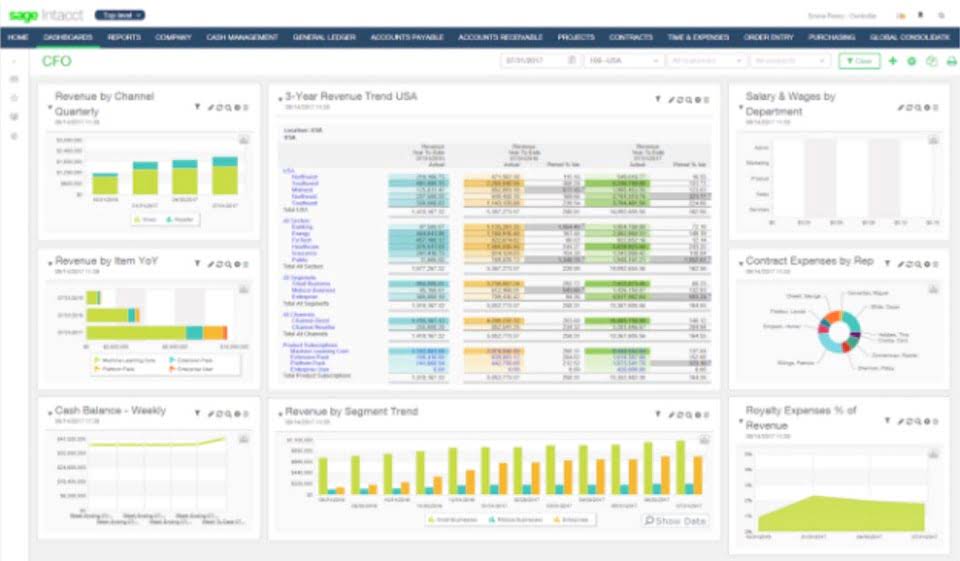
Misclassification also skews tax contributions, as seen in Australia’s 2024 reforms mandating retrospective benefits for workers. A stark example occurred in Nigeria’s 2016 federal audit, which uncovered 23,000 ghost workers siphoning $11.5 million monthly through falsified bank accounts and duplicate salaries. The government implemented biometric verification and cross-checked bank details to identify discrepancies, such as https://www.bookstime.com/articles/bookkeeping-miami payments to nonexistent personnel.

Ghost employee fraud

Payroll fraud is one of the most common types of financial fraud within businesses, regardless of their size. It involves manipulating payroll processes to divert funds, either by inflating hours worked, falsifying employee records, or creating fake employees. This type of fraud can lead to significant financial losses, affecting cash flow and profitability. In addition to the monetary impact, payroll fraud can decrease employee trust, damage internal morale, and tarnish a business’s reputation. Preventing payroll treachery requires strong internal controls, regular audits, and employee training. Payroll fraud occurs when an employee or employer manipulates the payroll system to receive unauthorized compensation.
Payroll Fraud: How It’s Done, How to Prevent It
Checkwriters play an important role in safeguarding your organization from this risk. An expense reimbursement fraud scheme occurs when an employee submits either exaggerated or falsified reimbursement receipts or submits the same receipt multiple times. While it may seem like this type of fraud would be apparent and easy for a company to catch, it’s surprising to note that there are past examples of fraudsters getting away with this scheme for years. An example of this would be if a manager were to mark another employee’s earnings as going into a Roth IRA, but in reality, they were just funneling the money into their own private bank account.
Expert Discusses Tax Planning Amid Uncertainty
There are a few main types of payroll fraud schemes, and if you’re up-to-date on the latest payroll frauds, then you’ll be more likely to be able to detect these schemes or prevent them from beginning. Let’s take a look at some of the most prevalent payroll schemes and how your organization can combat them. Ensure that overtime is only paid according to company policies and that employees aren’t inflating their hours. Implement automated time-tracking systems to reduce the chances of manual errors and manipulation. Fraudulent payroll schemes certainly can cause direct financial losses.

- In this type of fraud, an employee manipulates a payment from their employer for their personal gain.
- As you can see, most of the scams we’ve covered occur by individuals within the company exploiting their position or access to exploit the company for personal gain.
- In this scenario, the employee receives income from two different organizations simultaneously, while falsely claiming sick leave at one of the institutions.
- This payroll scheme is when a fraudster pockets the legitimate earnings of another employee into their own pocket.
Ultimately, the unearned revenue legal and financial stakes underscore the importance of maintaining ethical payroll operations to safeguard against civil penalties. How do the distinctions between criminal and civil charges impact employers accused of payroll fraud? Employers facing allegations of payroll fraud must navigate the complexities of both criminal charges and civil lawsuits, each carrying distinct legal implications. Criminal charges may lead to severe penalties, including fines and imprisonment, while civil lawsuits typically result in monetary damages and restitution. When employers engage in payroll fraud, they expose themselves to a range of serious legal penalties that can include both civil and criminal charges. The potential employer liability stemming from payroll fraud can result in hefty fines, restitution, and even imprisonment for responsible parties.
It can be carried out by individual employees or by the employer (most recently relating to Furlough Fraud). Even the most experienced employers can miss the signs of payroll fraud, so it’s important to stay vigilant and take the necessary steps to protect your organization from this costly crime. Luckily, We provide a comprehensive service, including the tools and technology needed to ensure your payroll is accurate and secure. Regular fraud awareness training can help employees understand the different types of payroll fraud and how to spot them. Set up your email account so that it identifies any email that is “external” to your organization.

- Employees collude with the payroll clerk to increase the amount of their hourly pay in the payroll system.
- This needs to be verified prior to paying out any expenses to employees to prevent this fraud from occurring.
- These direct deposit scams, unlike generic phishing scams, also known as payroll diversion scams, are specifically crafted for a target company.
- Have management check the payroll listing from time to time looking for suspicious names and addresses, and randomly meet employees on the payroll register.
- As technology offers solutions, technology also offers new tools for perpetuating fraud.
- The employee that commits embezzlement could be an administrator, accountant, or someone else that holds a trusted position.
Also, they may access the payroll system to falsify their wages and increase their hourly pay rates. Workers provide different classifications depending on the number of hours they work, their job role, their relationship with the company, and other details. For instance, workers are often classified as full-time, part-time, or contract workers. MisclassificationEmployers employer payroll frauds classify their employees based on the number of hours they work, their relationship with the company, and other characteristics.
Reporting Lower Wages to IMSS (Social Security Agency)

It is most commonly seen when employees falsely boost the amount that they should be paid. It can also relate to PAYE fraud, where payroll information is falsified in order to avoid paying Pay As You Earn tax to HMRC. Employers should restrict access to payroll information, such as bank account numbers and employee data, to only those who need it. This will help limit the potential for unauthorized access or manipulation of payroll data. This fraud is especially costly for self-insured employers, who may be responsible for the entire cost of workers’ compensation claims. Alternatively, it can cost an insurance company a lot of money, resulting in increased insurance premiums for all employees.